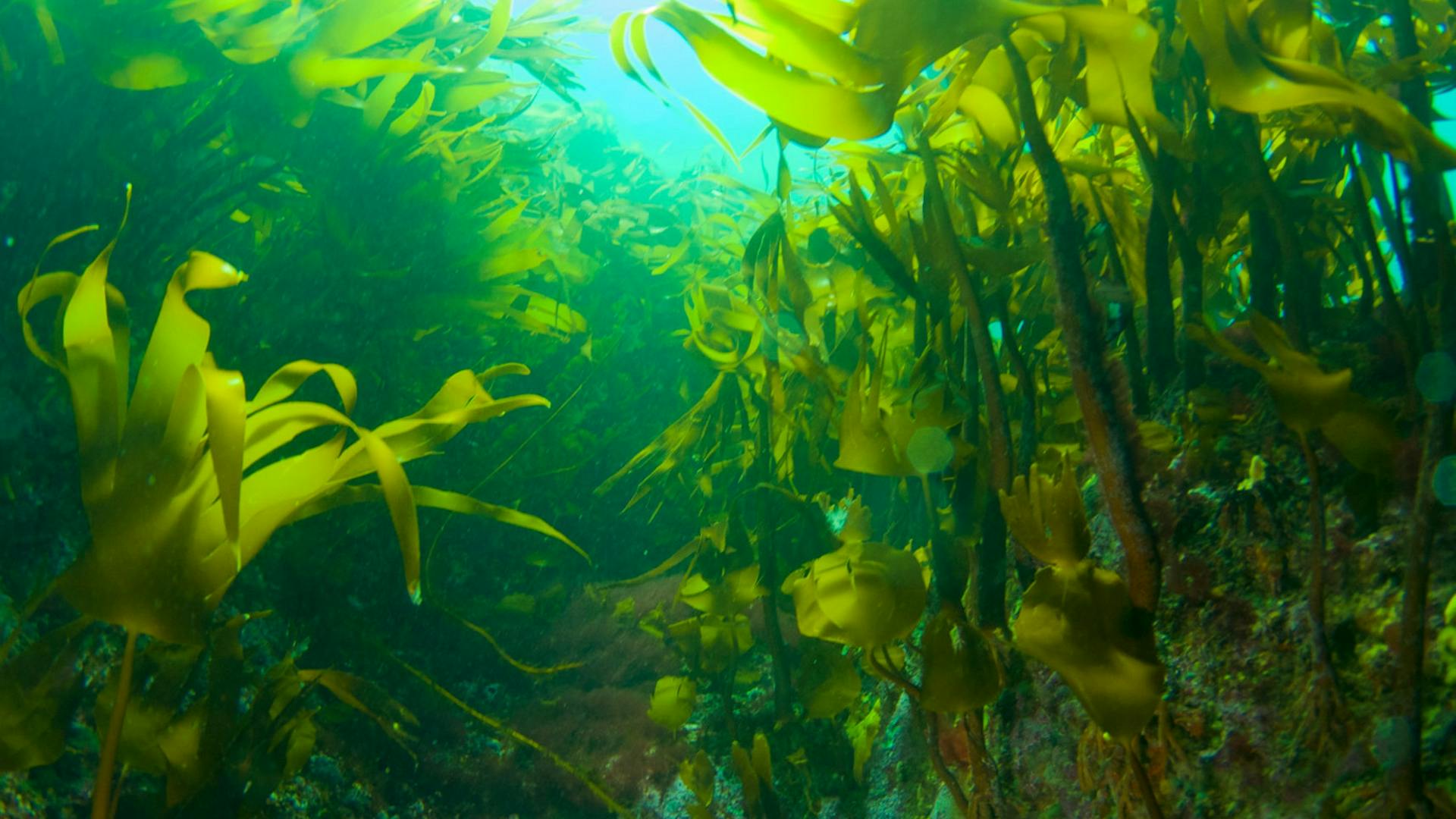
A game-changer for food-uses of kelp
Laminaria hyperborea has until now not been legally classified as a traditional (not novel) food source in Europe. This has been a major bottleneck for market entry, which in effect would require the submission of a dossier for pre-market authorisation under the Novel Food Regulation, a comprehensive risk assessment procedure by the European Food Safety Authority (EFSA) that typically takes 3 years to complete post-industrial product development.
In February 2024 the EU officially classified L. hyperborea, along with several other macroalgae species, as “not novel in foods” in an updated EU Novel Food Status Catalogue. The EU decision marks a significant milestone and a game changer for Alginor and unlocks market opportunities for new product development of e.g. savoury flavour ingredients such as kelp powders and natural extracts, with significant shorter time-to-market than before the new official classification.
The EU process of including new algal species as not novel in foods and food supplements has been ongoing for two years, and Alginor has made contributions and inputs to interest groups and towards the EU centrally. Since November of 2022, the EU has been working actively to promote a European algae sector, to unlock the potential found in marine forests. The EU is a net importer of algae-based products and the recent inclusion of macroalgae in the EU Novel Food Status Catalogue is part of an effort to stimulate and promote innovation and new product development and production in the EU.
With L. hyperborea now officially recognised as “not novel in foods” and exempt from novel food pre-market authorisation, a substantial regulatory hurdle is passed for Alginor. For more information, read the European Commission's news announcement here.